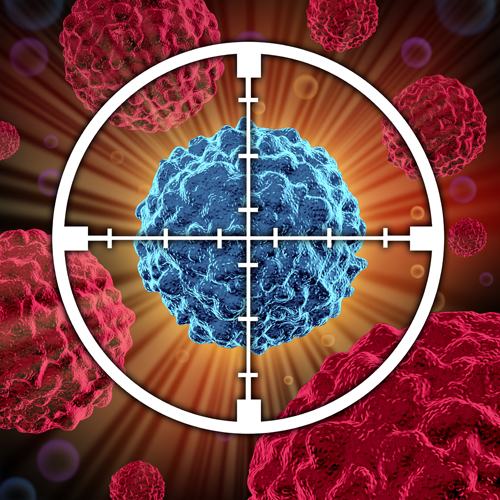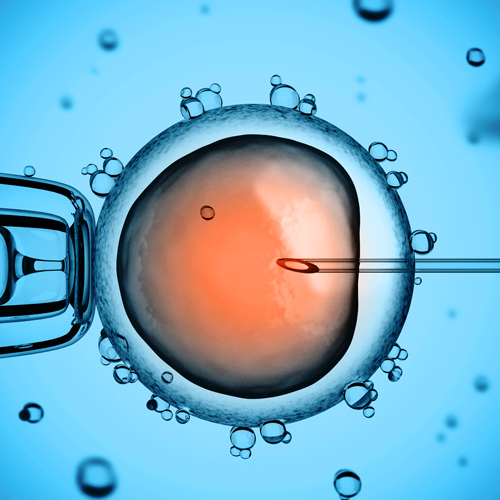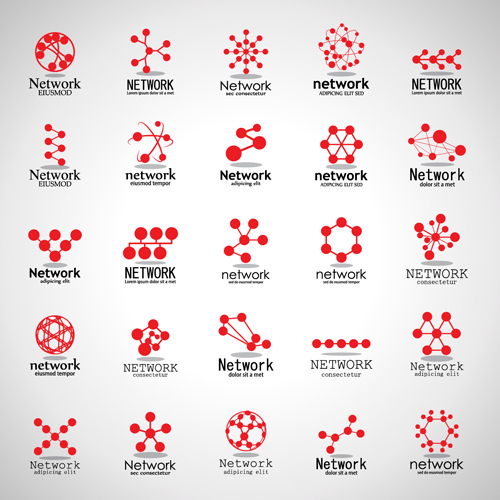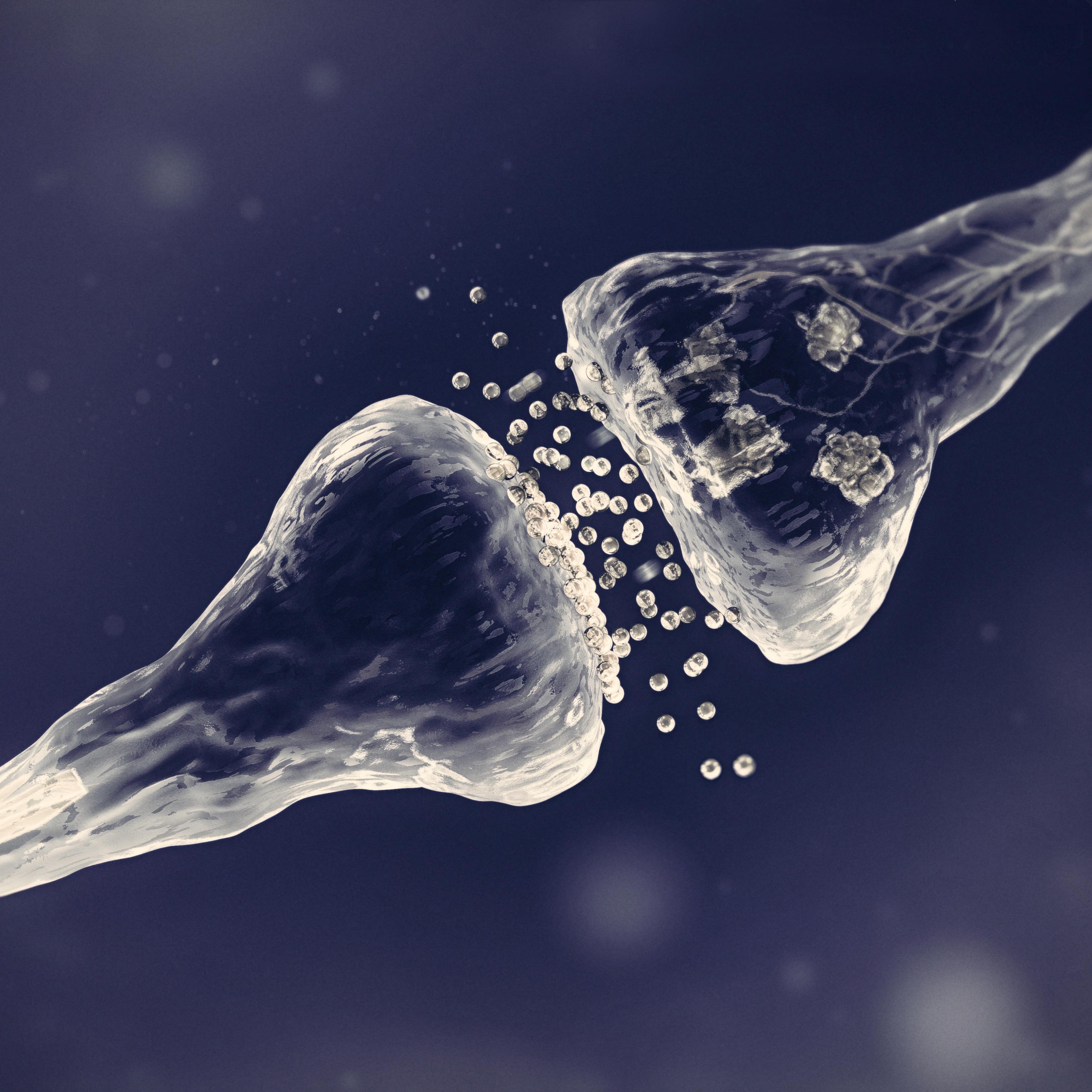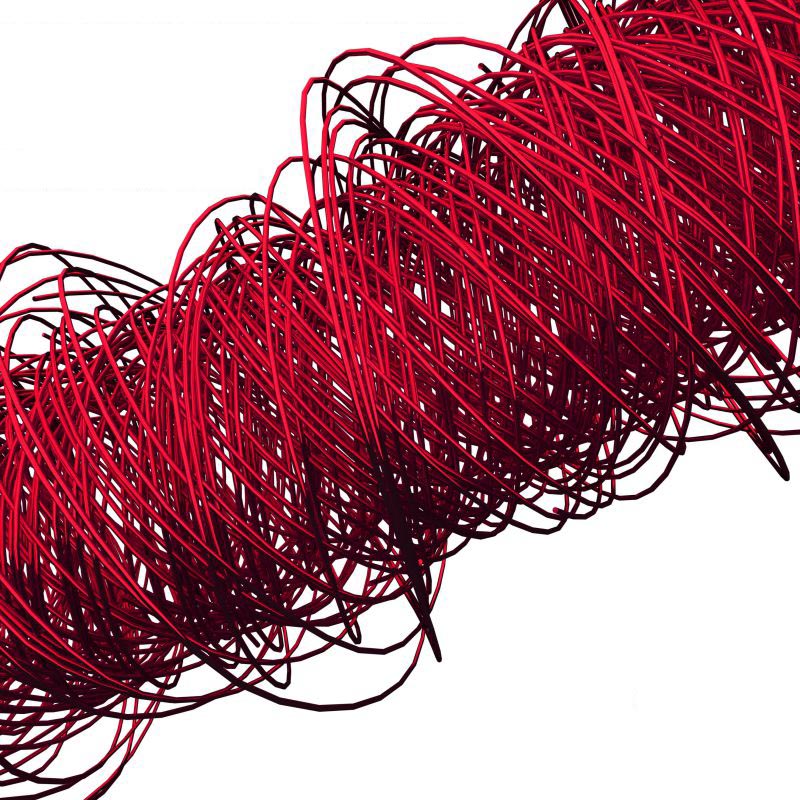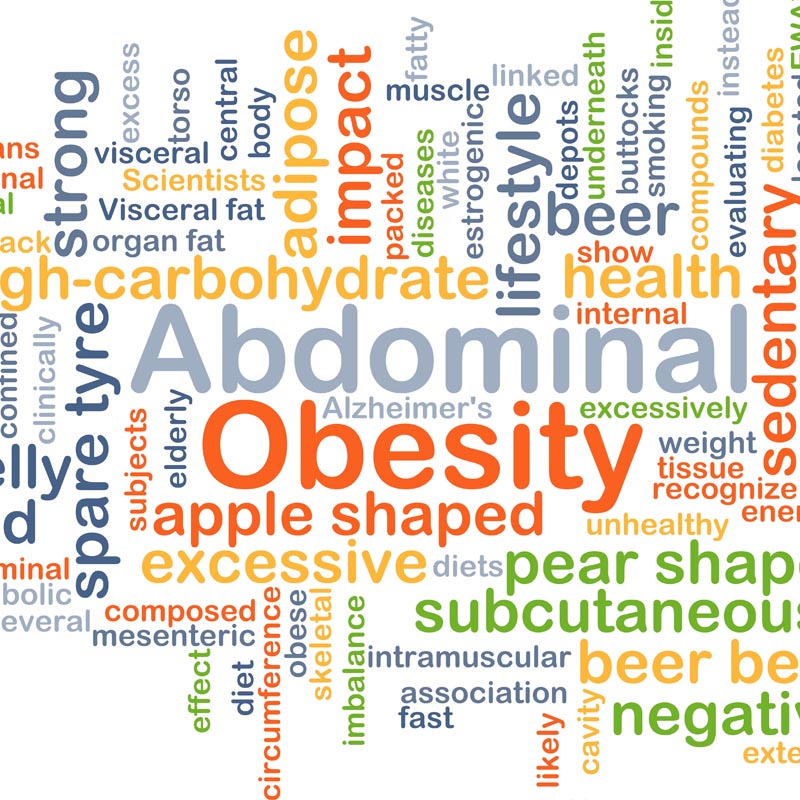Researchers in Microbiology and Immunology share the common goals of tackling complex questions associated with infectious and/or inflammatory conditions. This includes scientists from various biological disciplines such as immunology, microbiology and virology, who have diverse research expertise, unique experimental models and approaches that have the common goal of developing solutions for infectious/inflammatory diseases or harness the power of viruses to cure cancer.
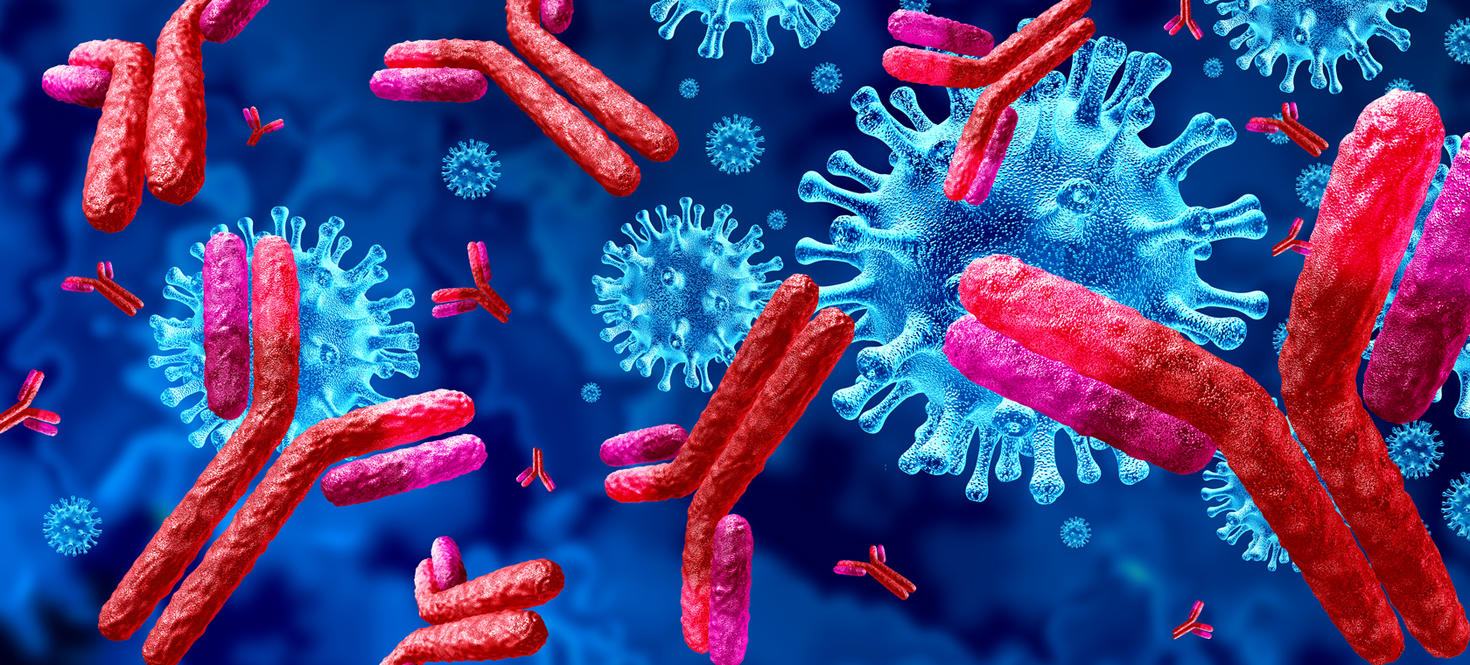
Microbiology and immunology
Researchers
Alain Stintzi
Our current research seeks to identify how human pathogens colonize the host gastrointestinal tract. We are not solely looking at the pathogen level but are also trying to understand the interplay of the pathogen, the endogenous gut microbial community as a whole, and the host. While classical microbiology seeks to understand the function of a gene or a few groups of genes from one single organism, our research aims to elucidate the role of all the genes and how they relate to one another from an entire microbial community. In particular, our research seeks to understand the dynamic interactions between the different components of the gut environment upon the stressful colonization and invasion by a pathogen in order to create a detailed picture on how a pathogen operates.
Marc-Andre Langlois
The bilateral spread of viruses between animals and humans, known as zoonotic infection, can have devastating consequences for human and animal health, global food supplies, and the economy. High-density urban populations, current farming practices, and rapid climate change are major factors that have led both old and new viruses to emerge and spread. Dr. Marc-André Langlois, Canada Research Chair in Molecular Virology and Intrinsic Immunity, is exploring ways to fight and prevent these infections.
Marceline Côté
The overarching goal of the Côté laboratory is to improve our understanding of host-pathogen interactions during infection by emerging viruses, towards the development of novel host- and/or viral-oriented antiviral therapeutics. In the laboratory, we combine virological, chemical biology, and genetic approaches to identify host proteins critical for viral infection that can be targeted to block virus spread. We are particularly interested in acquiring a detailed understanding of the entry pathways of filoviruses (Ebola and Marburg viruses), arenaviruses (Lassa fever virus), and coronaviruses (Severe acute respiratory syndrome virus and Middle East respiratory syndrome virus).
Martin Pelchat
Subviral RNA pathogens, like plant viroids and the human hepatitis delta virus are the smallest known virion. These unusual pathogens are composed of a remarkably compact stranded circular RNA molecule consisting of 300 - 1700 nucleotides. Since they do not encode their own replication machinery, they must entirely rely on host cellular components. How the normal host proteins are usurped to replicate these pathogens is an important issue and exposes a previously unknown ability of the DNA-dependent RNA polymerase to use RNA as template. The objective of our group is to characterize the host-components involved in subviral RNA pathogens replication and study their interactions at the molecular level. Overall, the results that will be generated will be a fundamental building block for the further study of viroid and viroid-like viruses, and for the design of inhibitors preventing their replication.
Seung-Hwan Lee
My primary research goal is to understand host-pathogen interactions during clinically important virus infection, and to direct this knowledge toward therapeutic approaches with favorable consequences. Host immunity to pathogens is multifaceted, involving cell-to-cell interactions and communication among many different cells via cytokines. Dissection of such a complex network of immune responses requires extensive knowledge of the infection system and careful examination at optimal conditions.
Subash Sad
Inflammation touches every aspect of health and disease throughout our lives. Our laboratory studies the mechanisms that maintain a healthy immune system and prevent the development of inflammatory diseases. In particular, we are studying cell death within macrophages. Macrophages are important cells of the innate immune system that engulf pathogens and release powerful immune signals that can have both inflammatory and anti-inflammatory effects. By improving the understanding of the mechanisms of macrophage necroptosis (cell death) this research will lead to the development of new therapeutic approaches to treat chronic inflammatory diseases.
Thien Fah Mah
The goal of Dr. Mah research program is to increase our understanding of the molecular mechanisms utilized by bacteria to increase their resistance to antimicrobial agents once they become part of a biofilm. To this end, Dr. Mah developed a high-throughput system, using 96-well microtitre dishes, to search for mutants of Pseudomonas aeruginosa that do not develop this characteristic increase in resistance. This screening system was used in a pilot screen to identify mutants that when growing in a biofilm, were more sensitive than the wild type strain to the antibiotic tobramycin. These mutants are capable of biofilm formation and grow as well as the wild type strain in liquid culture. A better understanding of the mechanisms of biofilm resistance may lead to novel strategies to treat these biofilm-based infections.
Jonathan Angel
Dr. Angel’s laboratory is focused on understanding how HIV damages the immune system and how these insights can potentially lead to new therapies. More specifically, he is interested in understanding 1) the mechanisms of HIV-induced cellular immune dysfunction and 2) the impact of antiretroviral and immune-based therapies on immune function in patients with HIV infection. He is also pursuing studies of immune-based therapies including HIV vaccines, in patients with HIV infection.
John Bell
Dr. Bell’s research program is directed towards the identification and characterization of novel cancer killing therapeutic viruses that selectively infect and kill cancer cells, while leaving healthy cells and tissues unharmed. Not only did his laboratory discover and design these therapeutic viruses, but he also manufactures them for eventual clinical translation and commercialization.
Ashok Kumar
Dr. Kumar’s major research interests are to study the role and regulation of cytokines in host defense against microbial infections, especially in HIV immunopathogenesis. His efforts are focused on delineating the regulation of IL-12 family of cytokines, namely Il-12, IL-23, IL-27, with a special emphasis on understanding the signaling pathways by which bacterial or HIV infections impact expression and production of these cytokines. Another focus of his research is to understand the mechanism(s) by which monocytic cells develop resistance to HIV- or HIV Vpr protein-induced apoptosis. The aim is to devise strategies to promote the death of HIV-infected monocytic cells and potentially eliminate monocytic viral reservoirs.
Robin Parks
Dr. Parks’ research interests range from characterizing various aspects of basic adenovirus (Ad) biology to exploring the efficacy of Ad-based vectors for the delivery of therapeutic genes in animal models of genetic or acquired disease. Part of his research is dedicated to improving Ad technology, such as exploring novel methods of producing Ad vectors deleted of all viral protein coding sequences (termed helped-dependent Ad vectors), and investigating methods to achieve cell-type specific infection with Ad.
Fraser Scott
T1D is an autoimmune disease in which the patient’s immune system destroys the insulin-producing B-cells in the pancreatic islets. The rise in incidence over the past 50-60 years is not explained by changes in genetic risk, but is thought to be due to factors in the environment including viruses, dietary antigens and gut microbes. All of these agents first encounter the immune system in the gastrointestinal tract. Thus, successful treatment or prevention of diabetes depends on a better understanding of how these factors influence the gut immune system, pancreas inflammation and B-cell heath. Dr. Scott’s research program aims to understand how the environment controls whether autoimmune type 1 diabetes will occur in susceptible individuals. His laboratory employs molecular and cellular approaches to understand the role of dietary antigens, microbiota, the gut immune system and the endocrine pancreas in the development of diabetes.
David Stojdl
Cancer can be considered as the corruption of normal biological programs that control cell proliferation, metabolism, death, motility, stickiness and immune functions. Dr. Stojdl aims at harnessing the natural world of viruses to fight cancer. His laboratory designs and develops programmable replicating viruses called ‘oncolytic viruses’ as biotherapies that directly target cancer cells and activate a patient’s own immune system against their tumor.
Michele Ardolino
The immune system is an incredible weapon against tumors and yet, cancer is still one of the leading causes of death. It is of extreme importance to have a more detailed knowledge of the complex interactions between immune cells and cancer in order to design more tailored and effective immunotherapies. Dr. Ardolino’s group is interested in understanding why a subset of immune cells named Natural Killer (NK) cells are often able to kill tumor cells and to find new ways to harness the activity of NK cells against cancer. Currently, his lab is focusing on: 1. determining the functions of checkpoint receptors on NK cells. 2. understanding the cellular networks that suppress the NK cell response to cancer. 3. deciphering the molecular pathways responsible for suppressing NK cell activation in the tumor microenvironment.
Angela Crawley
Dr. Crawley’s research program focuses on identifying the underlying mechanisms controlling faulty immune cells (CD8+ T-cells) during Hepatitis C virus (HCV) mono- and HIV-HCV co-infection. The function of these cells in the blood and liver are being evaluated. Both host and viral factors that contribute to the bulk of malfunctioning cells are being studied. Her laboratory is also evaluating the innate and adaptive immunity interactions in HCV infection, specifically between specific macrophages, liver resident macrophages and CD8+ T-cells. From there, her laboratory is also exploring the therapeutic potential of soluble cytokine receptors in the prevention and treatment of diseases linked to HCV and HIV.
Jim Sun
Research in the Sun Laboratory is focused on improving our basic understanding of innate immune cell function in the context of infectious diseases. As sentinels of innate immunity, macrophages are special cells within the human body that function to protect us from invading pathogens and to regulate inflammation. They are particularly interested in Myobacterium tuberculosis as the model intracellular pathogen for studying the dynamics of the host macrophage response to pathogen invasion.
